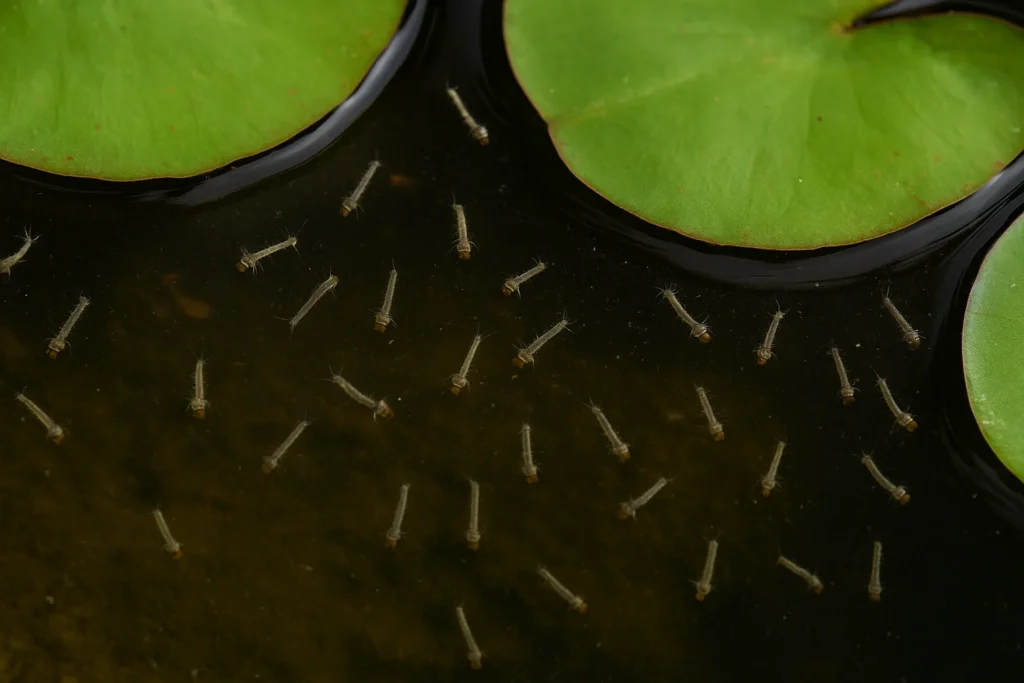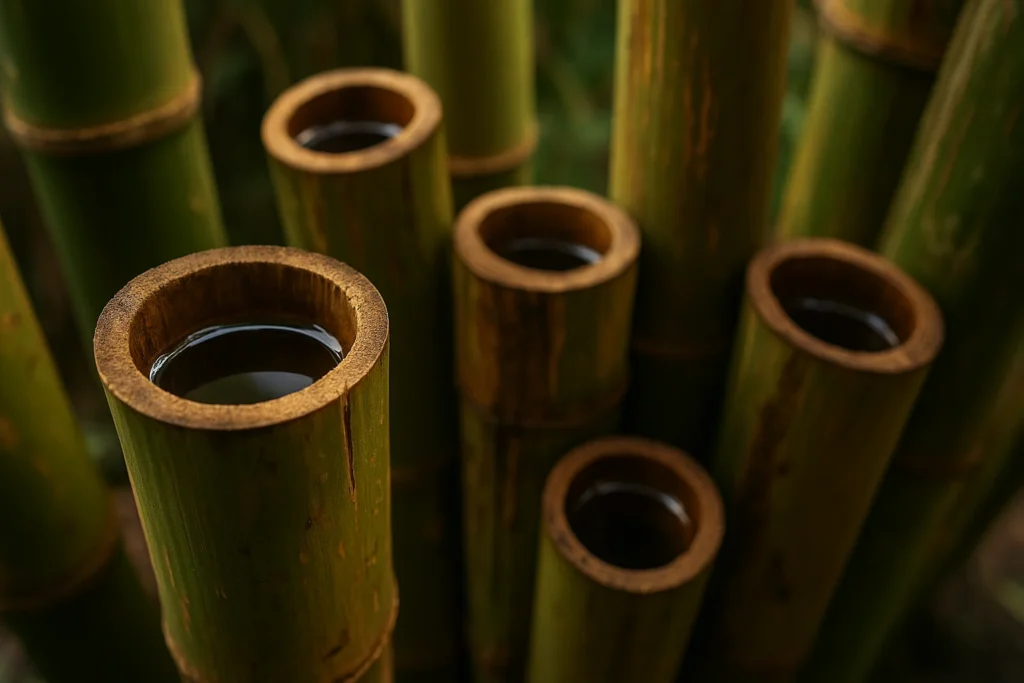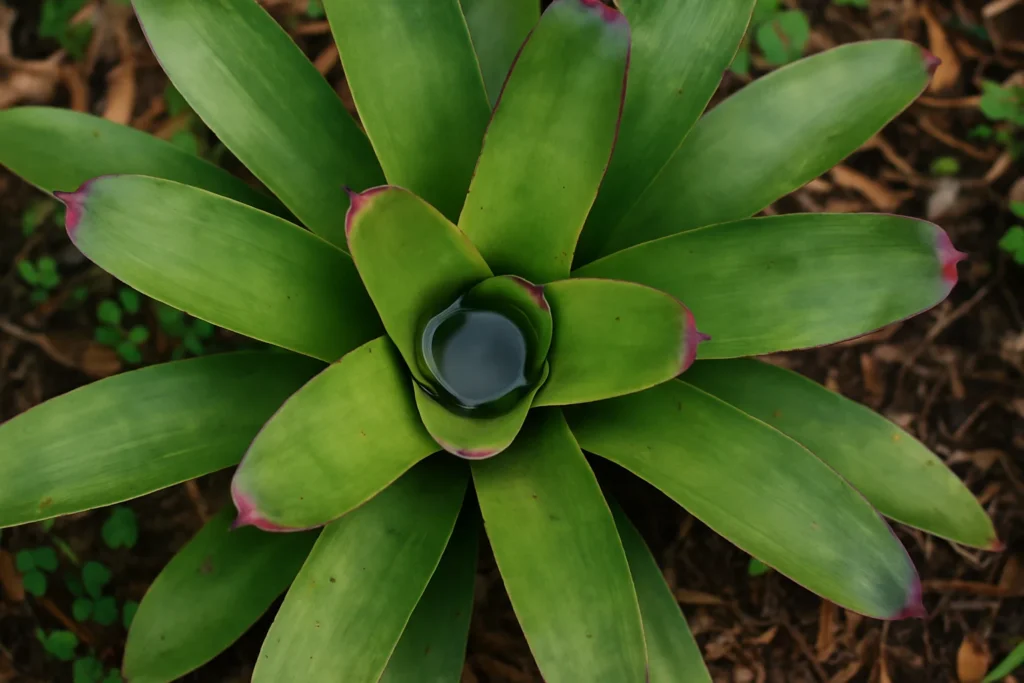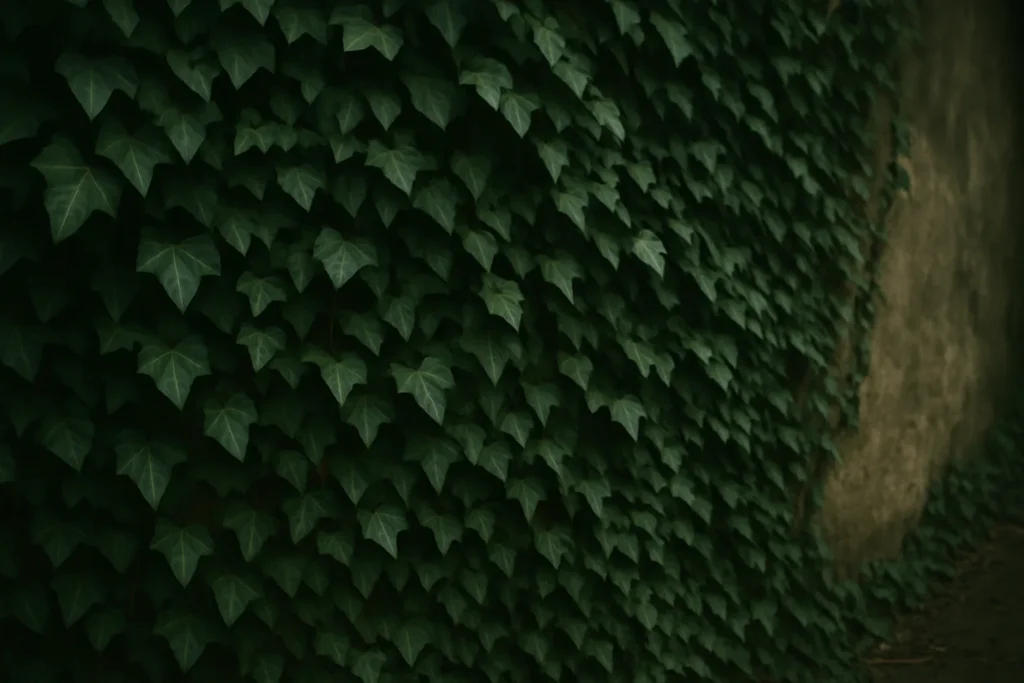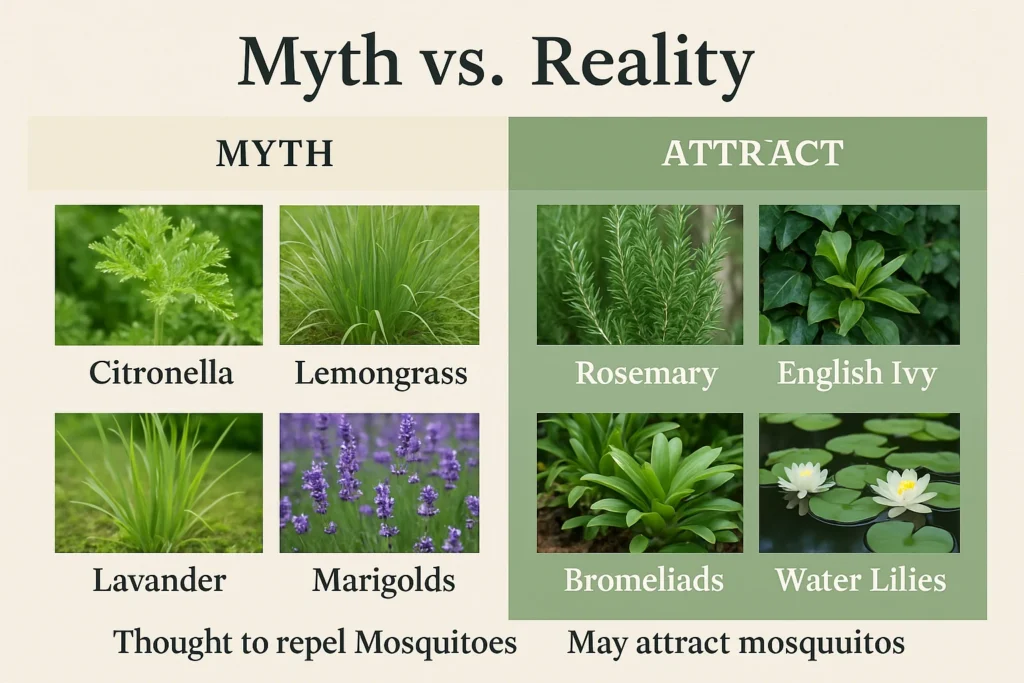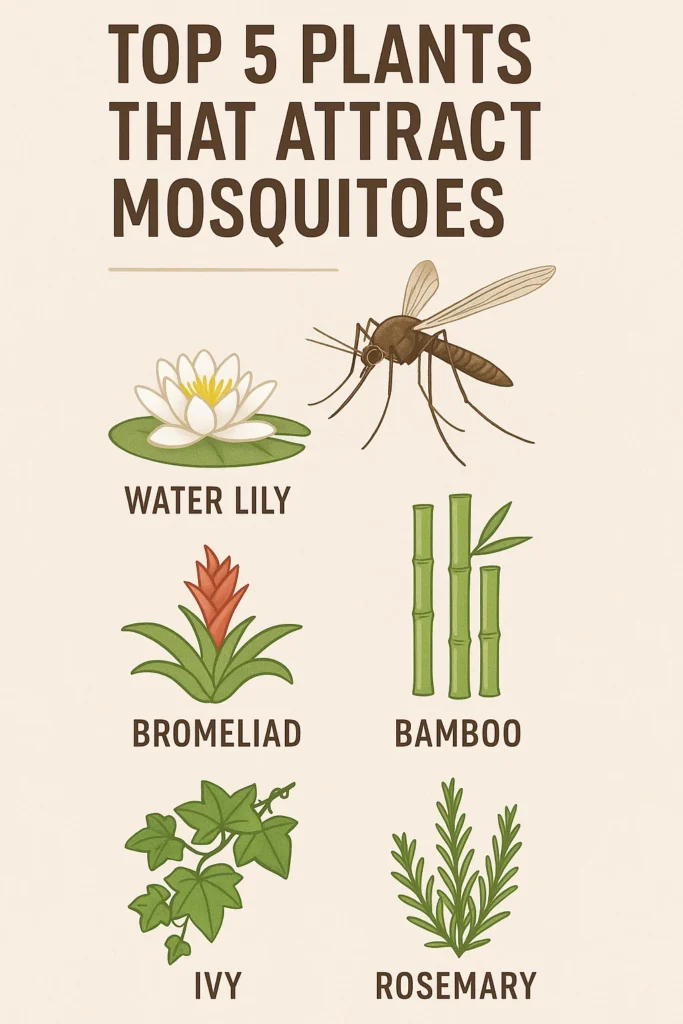What Plants Attract Mosquitoes? 10 Surprising Ones to Avoid in Your Garden

What Plants Attract Mosquitoes? You may think your garden is a peaceful retreat—but if mosquitoes are always buzzing around, your plants might be part of the problem. While much is said about repelling mosquitoes, few realize that some common plants can actually attract them. Water-holding varieties like water lilies, bamboo, and bromeliads trap stagnant water, making them ideal for mosquito breeding. Others, like English ivy or aloe vera, offer dense foliage or moist conditions that create the perfect hiding or resting spots. Even herbs like rosemary, often considered repellents, have been reported to do the opposite in some cases.
In this guide, we’ll break down which plants attract mosquitoes, why it happens, and what to plant instead if you want to keep your space mosquito-free.
Table of Contents
Why Some Plants Attract Mosquitoes?
Plants don’t attract mosquitoes on purpose—but they can accidentally provide perfect living conditions. Stagnant water, dense foliage, and damp, shaded areas are some of the biggest culprits. Certain plant compounds may even act as mild attractants to specific mosquito species. While many gardeners suspect standing water alone is the issue, it’s worth noting that factors like scent, shelter, and even your own body chemistry play a role in what attracts mosquitoes according to the CDC.
To complicate things, some plants believed to repel mosquitoes have mixed results. Take rosemary or mint—both are often praised, but many gardeners still report mosquito problems despite using them. This ambiguity is common, making it harder to confidently know what plants attract mosquitoes versus what actually keeps them away.
What Type of Plants Attract Mosquitoes?
Plants that attract mosquitoes typically either hold stagnant water, like bromeliads, water lilies, and bamboo, or offer dense, shaded foliage for resting, such as English ivy. Overwatered indoor plants like aloe vera or rubber plants can also create moist environments mosquitoes love. Some scented plants like rosemary or ageratum may even attract certain mosquito species, depending on conditions. To avoid overwatering your rubber plant or aloe, which can attract mosquitoes indoors, try our indoor plant watering calculator to keep soil moisture in check.
What Plants Attract Mosquitoes – Water-Holding
These plants often play an accidental role in mosquito reproduction. Their very design can allow stagnant water to sit undisturbed—prime breeding ground for mosquito larvae.
Water Lilies
Peaceful and elegant, yes. But water lilies thrive in still ponds, and that’s precisely the issue. The stagnant water they float on becomes a mosquito nursery unless managed properly. It’s not the plant itself that’s the problem—it’s the habitat it encourages.
Bamboo
Bamboo is known for being fast-growing and ornamental, but its hollow stalks are notorious for collecting rainwater. Left unchecked, these tiny reservoirs can quietly host mosquito larvae. It’s not common knowledge, but many pest control professionals flag bamboo as a high-risk plant in humid climates.
Bromeliads
These tropical favorites store water at the base of their leaves. The small pools that form, even indoors, can harbor mosquito eggs. This is one of those cases where beauty may come with a hidden cost—especially in homes that are already prone to high humidity.
Water Hyacinths and Water Lettuce
Ideal for pond coverage, both of these floating plants reduce algae and oxygenate water—but they also reduce water movement. In the pockets beneath their leaves, mosquitoes find ideal egg-laying territory. Gardeners may not notice the larvae until it’s too late.
Taro and Papyrus
Often used in rain gardens or wetland-style landscaping, these plants thrive in moist soil or shallow water. They’re less likely to be suspected, but they do contribute to higher mosquito activity when water accumulates around their roots.
Dense and Scented Plants That Attract Mosquitoes
Not all mosquito-attracting plants involve water. Some simply create the perfect hiding spot, while others emit compounds that might unintentionally act as lures.
English Ivy
Ivy is charming—until it isn’t. Its tightly packed leaves can trap moisture and create dark, hidden pockets where mosquitoes rest during the day. It’s unlikely to breed mosquitoes, but it may support larger populations by giving them a cozy home base.
Rosemary
It’s typically listed among mosquito-repelling herbs. But here’s where anecdotal evidence muddies the waters. Some gardeners claim rosemary has actually made their patios worse. Whether it’s due to the woody branches, which provide shelter, or specific volatile compounds in the scent, it may depend on your location or the mosquito species.
Ageratum
Often grown for its vibrant purple-blue flowers, ageratum contains coumarin—a natural mosquito repellent. But strangely, certain gardeners report mosquitoes hanging around these plants. The contradiction could be due to hybrid strains or accompanying soil conditions. In other words, your ageratum might help—or it might backfire.
Aloe Vera, Snake Plant, Rubber Plant, and Spider Plant
These indoor favorites don’t typically scream “mosquito magnet,” but overwatering them can create fungus and dampness that attracts bugs. It’s less about the plant itself and more about how it’s cared for. That said, reports of increased mosquito presence around houseplants aren’t uncommon—especially in poorly ventilated homes.
Money Plant
This low-maintenance vine grows well in water jars or pots. But stagnant water in jars and trays can quickly turn into larval habitats. If you use a water-growing setup, be diligent about cleaning and water replacement.
Don’t Be Fooled—These “Safe” Plants Might Still Attract Bugs
There’s a growing trend of recommending plants that repel mosquitoes. And while many of them—like citronella, marigold, and basil—do show some efficacy, others are less consistent.
Take lavender, for instance. While studies suggest its essential oils repel mosquitoes, the actual plant may not release enough of the active compound to make a difference unless crushed. Similarly, mint grows aggressively and repels some insects, but also creates moist ground cover that could harbor mosquitoes.
The truth? Repelling mosquitoes naturally with plants is a gamble unless combined with active prevention—like clearing water trays and managing shade. This isn’t to say they’re useless—but it’s another reminder that knowing what plants attract mosquitoes isn’t always obvious. Trial and error, unfortunately, plays a role in every garden.
What to Grow Instead: Mosquito-Repelling Plants That Work (Most of the Time)
While no plant is a magic bullet, some do perform well under most conditions:
- Citronella grass – Rich in citronellal, this is the source of most mosquito-repellent candles.
- Lemongrass – Strong citrus scent masks attractants like carbon dioxide.
- Lavender – Best used dried or crushed. Smells pleasant and may deter bugs when concentrated.
- Marigolds – Contains pyrethrum, used in insecticides.
- Basil – Especially Thai basil; strong aroma makes it less inviting to mosquitoes.
If you’re serious about reducing mosquitoes, pair these with physical methods like netting, water control, and repellents. When planting mosquito-repelling herbs like basil or citronella, proper spacing improves airflow and reduces moisture buildup. Use our plant spacing calculator to get the ideal layout for your garden.
Other Ways to Mosquito-Proof Your Garden
Sometimes, the best defense is not what you plant—but how you maintain the space around it. Try:
- Removing standing water from trays, pots, and gutters
- Using gravel mulch instead of bark or moist compost
- Installing outdoor fans on patios to disrupt flight patterns
- Encouraging natural predators like birds, bats, and dragonflies
- Trimming dense foliage to reduce shaded resting areas
Combining smart plant choices with environmental controls creates the best long-term results.
FAQs About Plants That Attract Mosquitoes
What attracts mosquitoes in the garden?
Still water, dense foliage, high humidity, and even certain plant scents can all attract mosquitoes. It’s rarely just one factor.
Which plant attracts mosquitoes the most?
Bromeliads and water lilies are among the top offenders, due to their ability to trap and store standing water.
Do houseplants attract mosquitoes?
Yes—especially if overwatered. Moist soil, water trays, and limited airflow can create perfect conditions indoors.
What’s the best plant to keep mosquitoes away?
Citronella grass, lemongrass, and marigolds are your best bet—though results may vary based on how and where they’re planted.
Conclusion
Understanding what plants attract mosquitoes is an essential step in reducing those annoying bites. Whether it’s hidden water in bamboo stalks or dense foliage like English ivy, seemingly harmless plants can invite pests if you’re not careful. But the good news is—awareness helps.
Balance your garden with smarter choices, and you’ll make it a lot less appealing to mosquitoes without sacrificing beauty.

